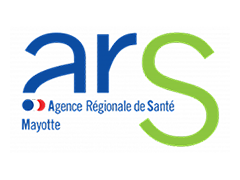Nos programmes
Petite Terre
Programme actif
A benchmark local healthcare structure to help reduce inequalities in people’s access to healthcare over the long term.
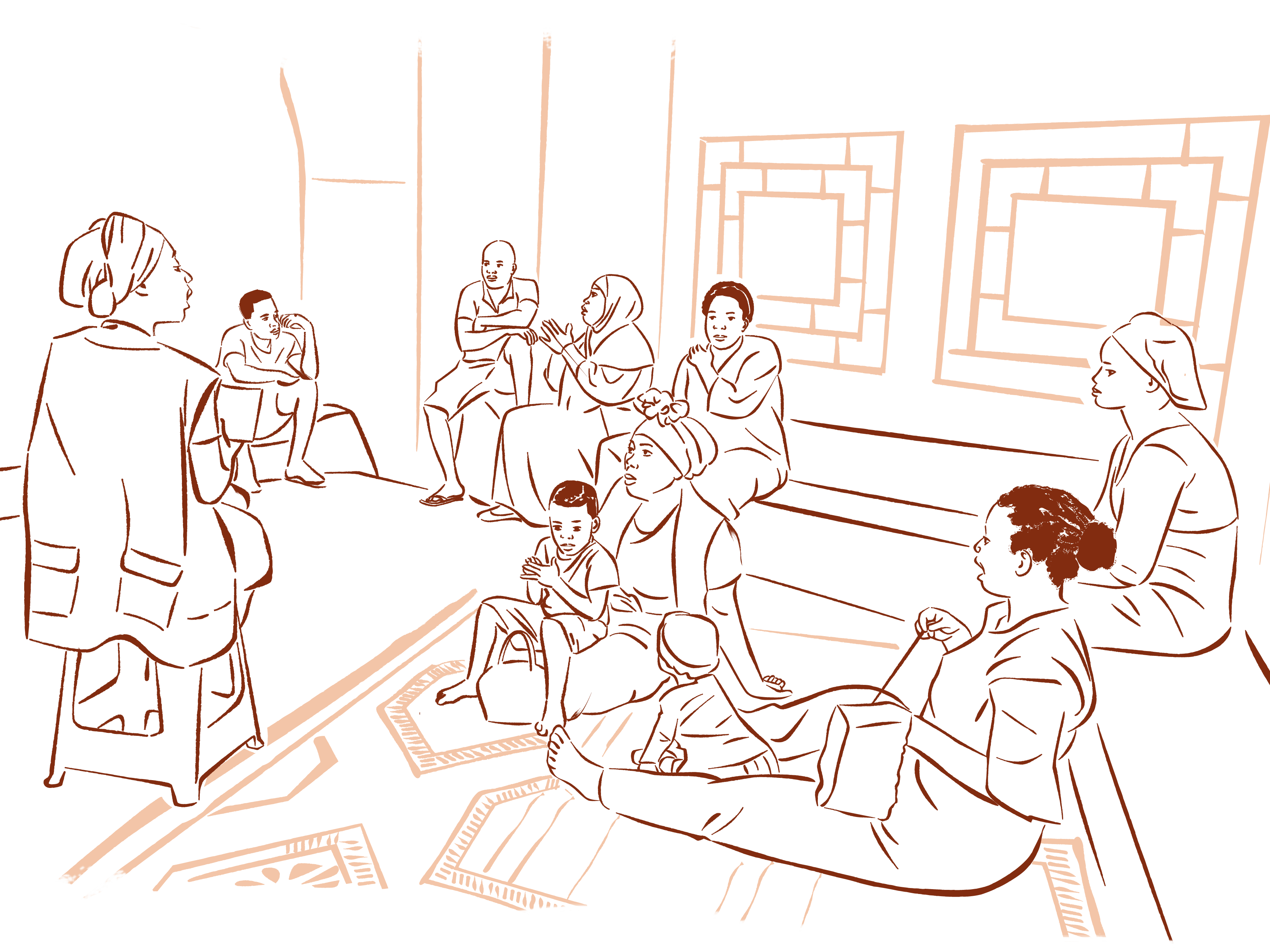
Impact
8650
people reached
1540
people screened for HIV and other STIs, diabetes and hypertension
2900
children screened for malnutrition
1440
schoolchildren reached
Diagnosis
In Mayotte, socio-economic inequalities are significant, with 77% of the population living below the poverty line. Living conditions are difficult for a large proportion of the population: 25% of households have no access to running water, the unemployment rate is high, and housing is substandard. Access to healthcare is poor and unevenly distributed across the region. Over 45% of residents have had to forego or postpone medical treatment for financial or psycho-cultural reasons. In addition, the social and territorial isolation of certain∙es habitant∙es, the lack of affiliation to social protection and the lack of specialists complicate access to care.
Since 2019 Santé Sud has been operating in Petite-Terre and supporting communities in the 4 priority neighbourhoods of La Vigie, Totto Rossa, Oupie and Carrera. The actions are based on partnerships with local players such as RéDiabYlang – Mayotte’s diabetes network, the Petite-Terre Maternal and Child Protection, the Red Cross or the Narike M’Sada association specialising in the fight against HIV-AIDS.
Projet
The aim of our project is to raise awareness, screen and refer people in the targeted neighbourhoods through the work of health mediators and community relays from the neighbourhoods where we work, who are familiar with the context and habits of the local population. Trained and supported by Santé Sud, our teams carry out awareness-raising activities on :
- Nutritional health: identifying child malnutrition, workshops on balanced nutrition, organising local screening for diabetes and high blood pressure, cookery workshops.
- Sexual and reproductive health and rights: contraception, HIV and STIs, consent and local screening (HIV, hepatitis B and C).
- Environmental health: access to water and water storage, water-borne diseases, personal and oral hygiene, health monitoring.
At the same time, the team is developing community and participatory activities and local micro-projects, with the aim of strengthening the link between local residents and health facilities. Finally, ongoing health monitoring is developed through community-based surveillance.
Operational partners
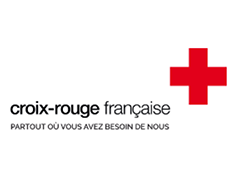
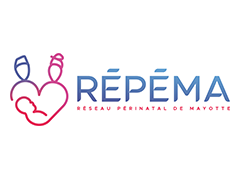
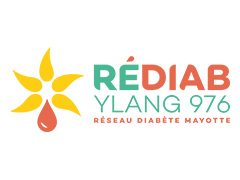

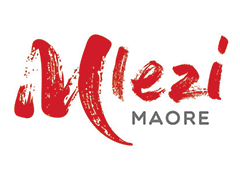
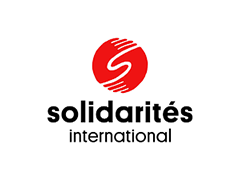
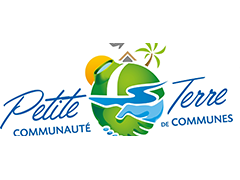
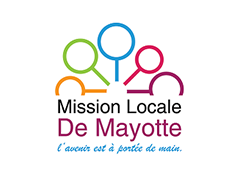
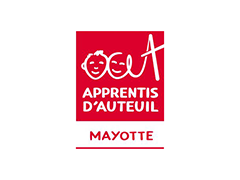

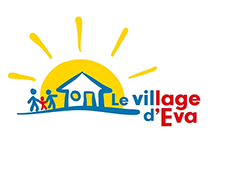
Financial partners
